As a developing economy, India has numerous developmental aspirations. How India meets these goals without worsening the climate crisis is at the heart of CSTEP's work. Addressing climate change and enabling a secure and sustainable future for Indian citizens require an overhaul of previous paradigms on development and resource utilisation. This is reflected in our work on developing low-carbon trajectories for development with an emphasis on nature-based solutions.
We are working with state governments across India to build capacity on risk and vulnerability assessments to inform their respective action plans on climate change. The transition from fossil fuels to renewable energy is crucial to achieving a secure and sustainable future. CSTEP's studies explore the possibility of a greater integration of renewables in the energy sector.
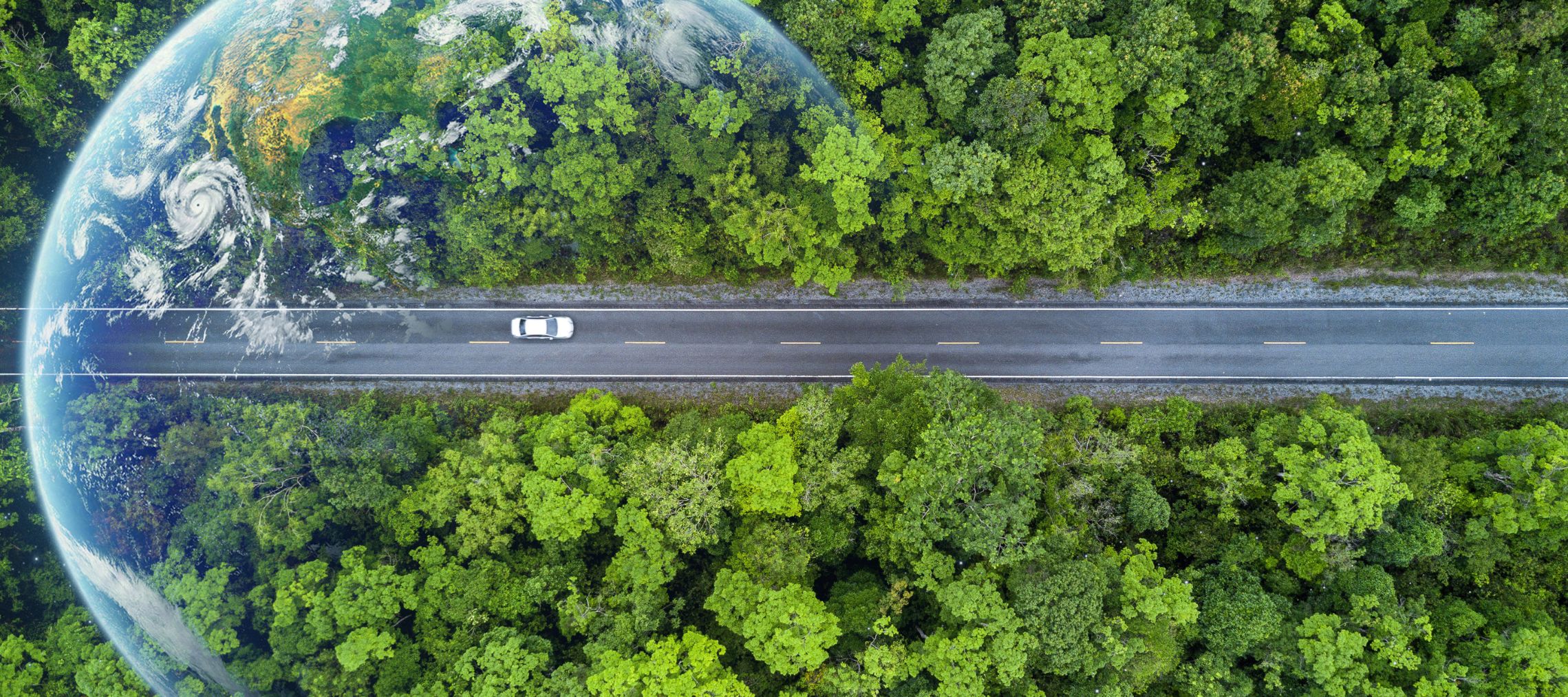
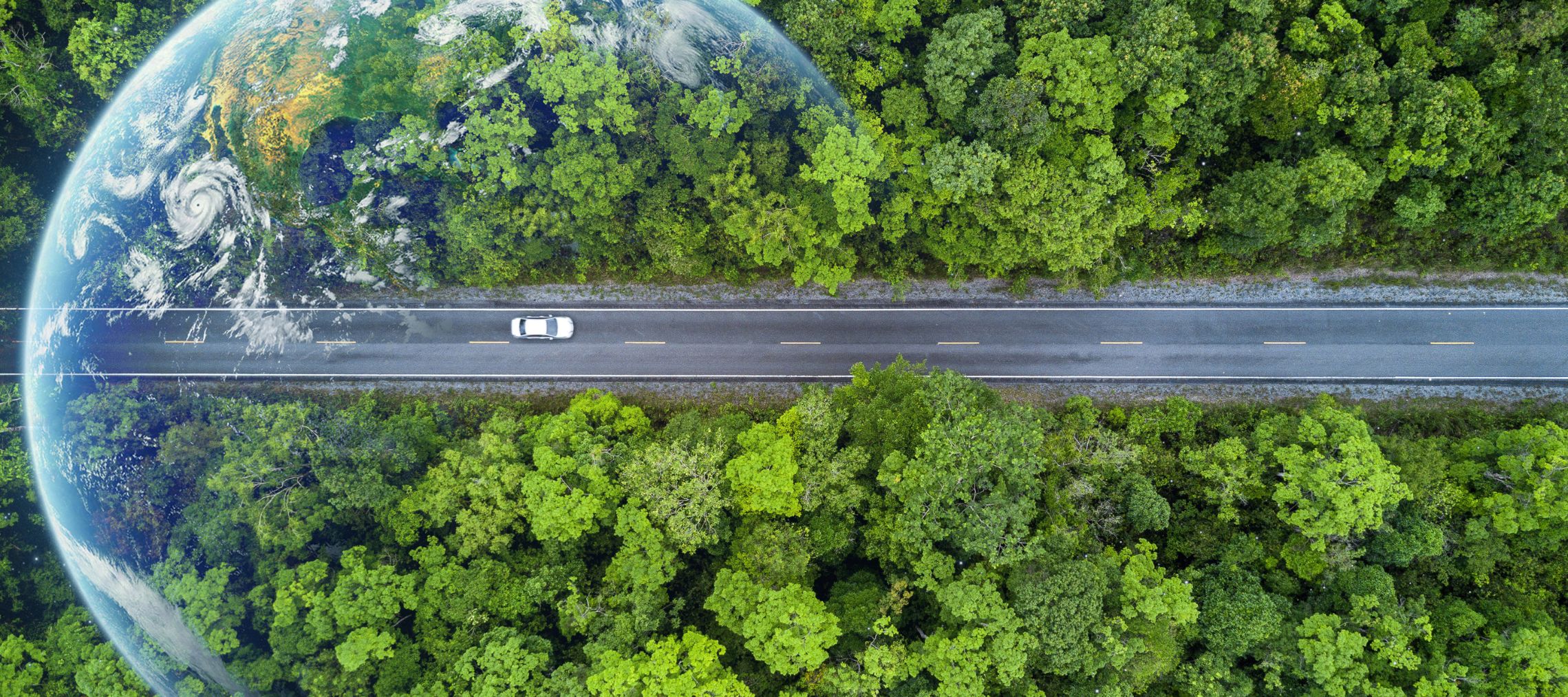
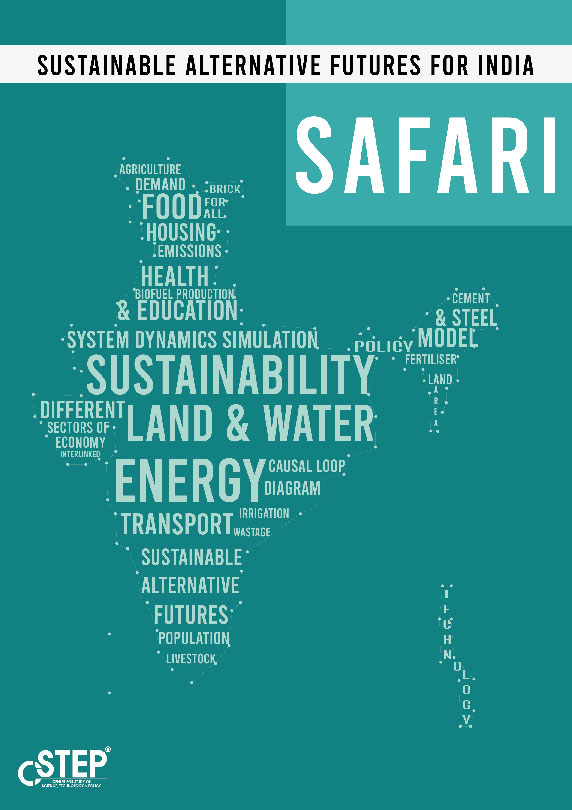
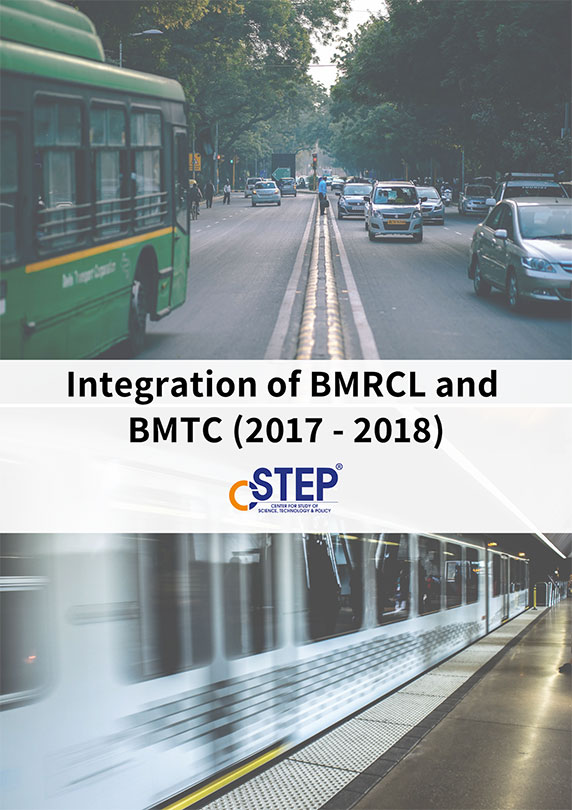
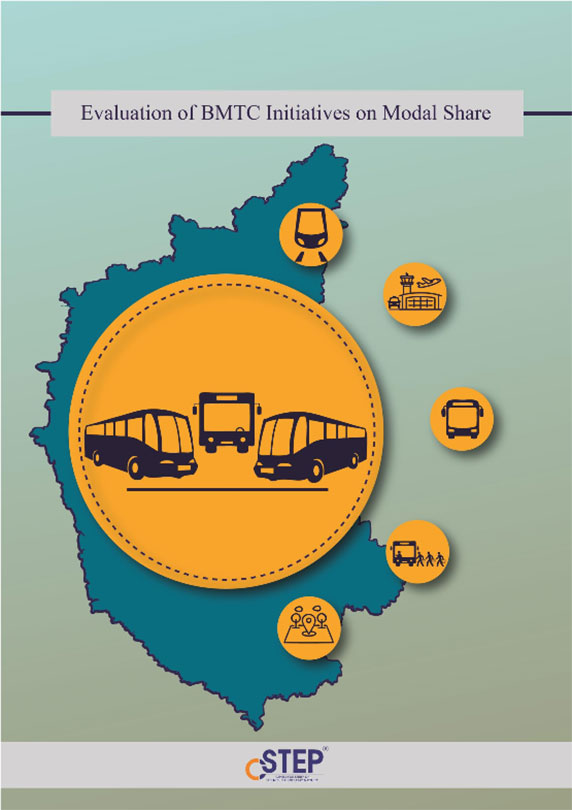
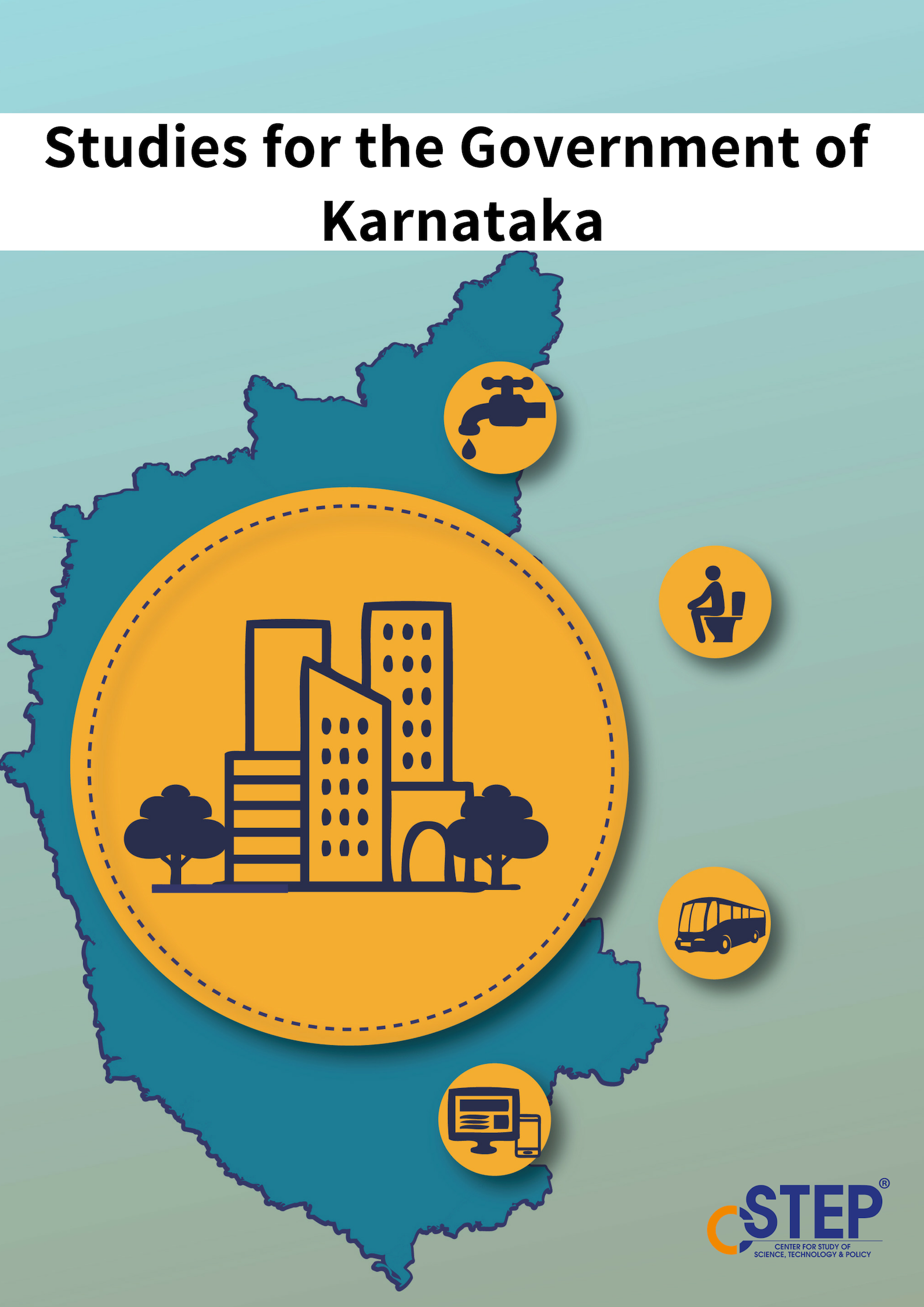

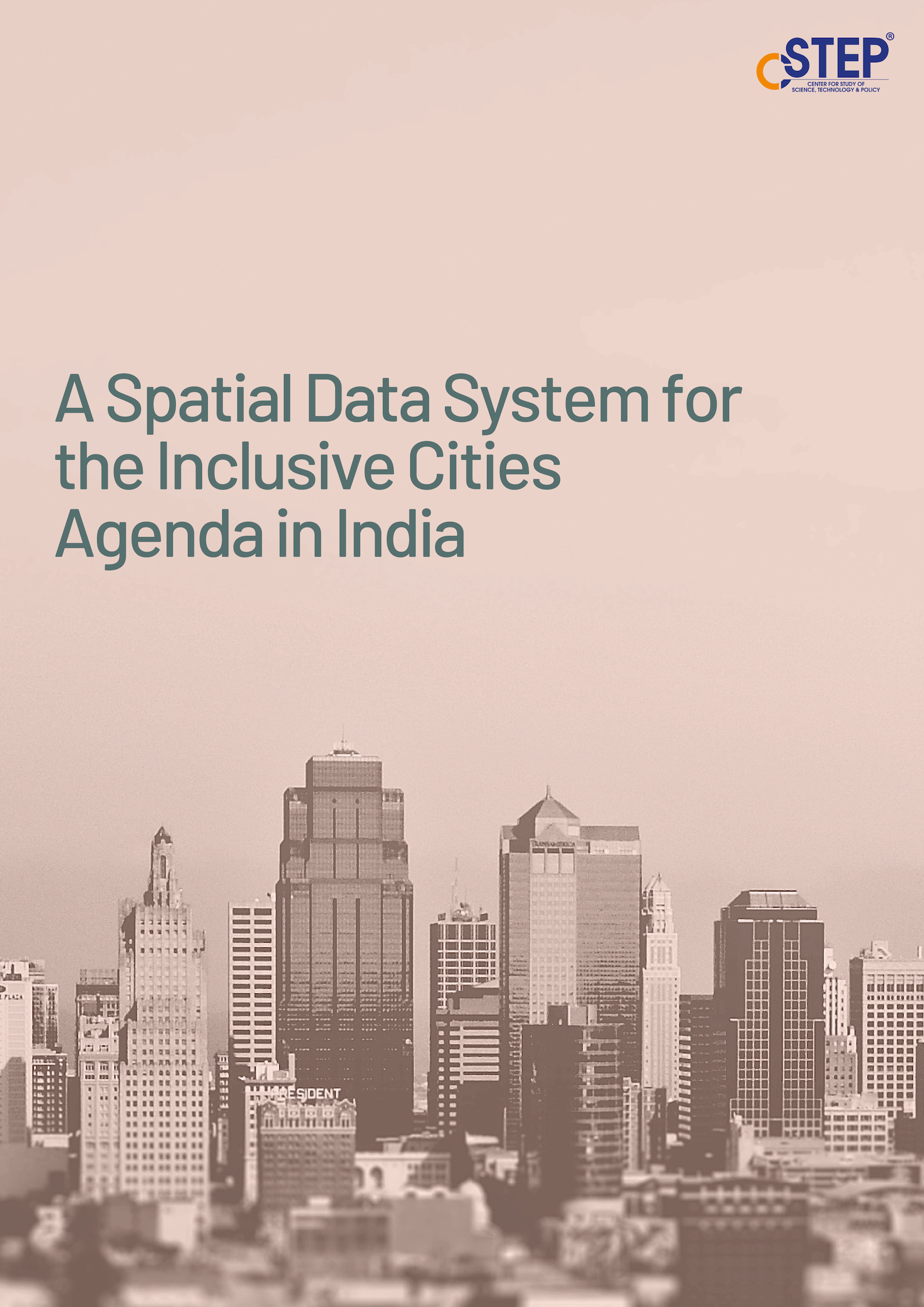
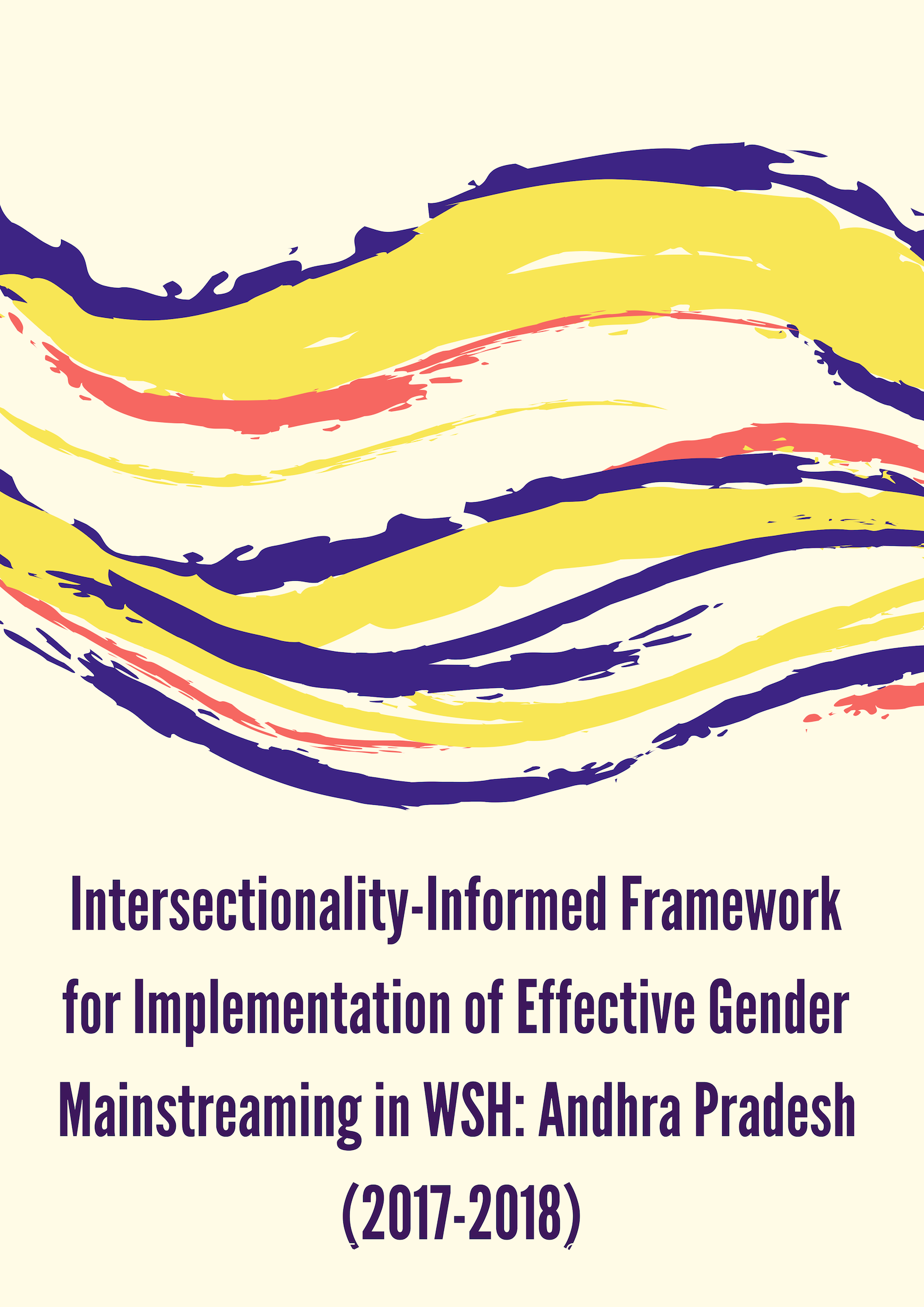
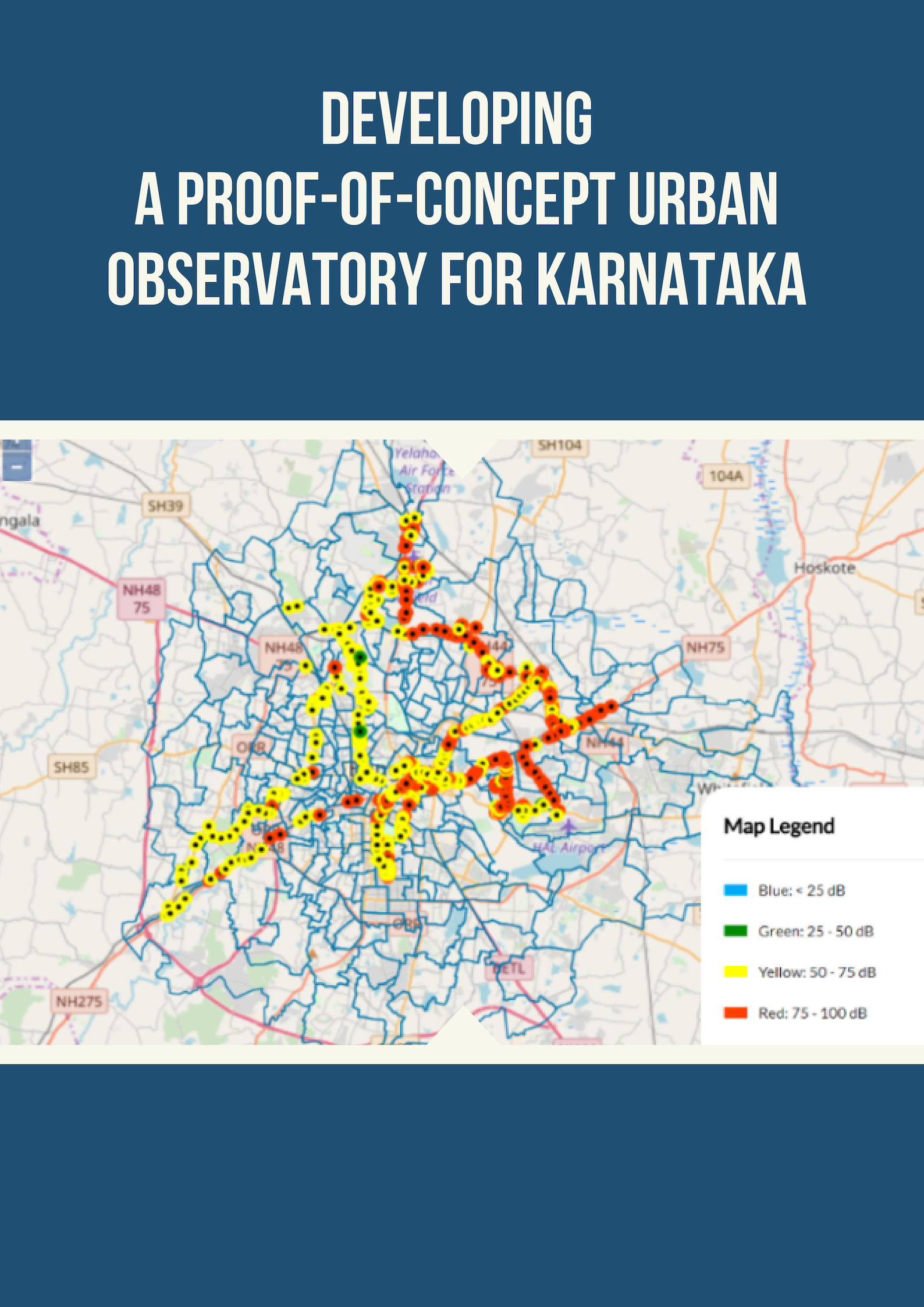
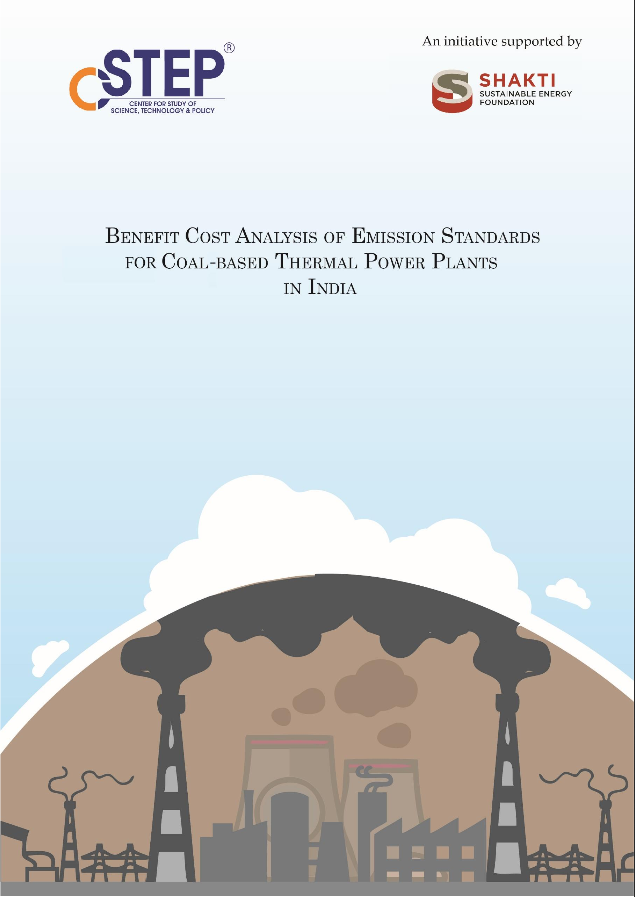


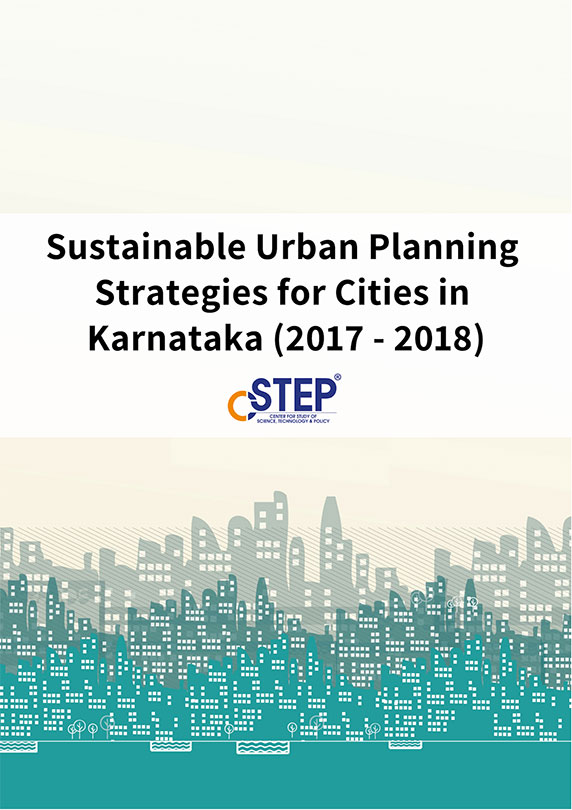




A straw in the wind - Will achieving grid parity propel India’s offshore wind?
India is endowed with a 71 GW offshore wind potential, as per the assessment by the National Institute of Wind Energy (NIWE), but the country is yet to set up its first offshore wind plant. In a timely move, the Government of India has initiated bids for offshore wind development of a 4 GW capacity recently.
On India’s ‘heat action plans’
Come summer, we are used to seeing heat alerts from the India Meteorological Department (IMD) for various parts of India. This year, these alerts began in February itself. Parts of the northeast and western India have already reported appreciably warm temperatures (3.1-5 degrees Celsius above normal) before the start of summer.
A state of migration
Karnataka—the seventh most urbanised state in India—has witnessed significant urbanisation in recent decades. From 2001 to 2011, the proportion of the rural population shifted from 66% to 61%, and that of the urban population shifted from 34% to 39%.
India’s need to curb black carbon emissions
At the COP26 climate talks in Glasgow in November 2021, India pledged to achieve net-zero emissions by 2070, positioning itself as a frontrunner in the race to carbon neutrality. According to the Ministry of New and Renewable Energy, India had installed a renewable energy capacity of over 180 GW by 2023 and is expected to meet its target of 500 GW by 2030.
Growing the circular bioeconomy, with a focus on the Global South
Growing the bioeconomy in the Global South in a circular, sustainable way offers direct economic and environmental benefits, with the potential to capture the economic opportunity of bio-based products of bio-based products for food, feed waste products and energy estimated at USD 7.7 trillion (WBCSD 2020).
Agro-climatic zone-wise drought hazards in Karnataka under historical and future climate scenarios
This study performed the spatio-temporal analysis of drought hazards across the agro-climatic zones (ACZs) of Karnataka under historical and future climate scenarios. The India Meteorological Department’s high-resolution gridded data for1989-2019 was used for historical drought occurrence analysis. Coordinated Regional Climate Downscaling Experiment ensemble data of the Representative Concentration Pathway (RCP) 4.5 and 8.5 scenarios were used for analysing future drought hazards in the near (2031-2060) and end term (2061-2099) periods.
Advancing Circular Economy in India: Sustainable Resource Efficiency and Policy Imperatives in Solar Photovoltaics and Telecommunication
In an era of escalating environmental concerns and the pursuit of sustainable development, the circular economy emerges as a transformative solution. This paper examines India's Solar Photovoltaics and Telecommunication sectors, assessing their potential for circular economy practices, resource efficiency, and waste management. While solar photovoltaics contribute to a greener energy mix, the mounting concern of PV waste persists. Similarly, the telecommunications industry faces a surge in electronic waste due to rapid advancements.
Press Release: Pathways to Steer India's Buildings Sector Towards a Net-Zero Future
New Delhi, 18 March 2024: ‘By 2030, India is expected to be home to 6 megacities with populations above 10 million. Currently, 17% of India’s urban population lives in slums.
Pathways to Steer India’s Buildings Sector Towards a Net-Zero Future
In the face of the global imperative to limit the rise in temperatures to 1.5 °C (above pre-industrial level), as outlined in the Paris Agreement, nations have been striving to transition towards a net-zero economy. This challenge is particularly pronounced for India, where the dual goals of fulfilling developmental aspirations and curbing greenhouse gas (GHG) emissions pose a complex challenge.
